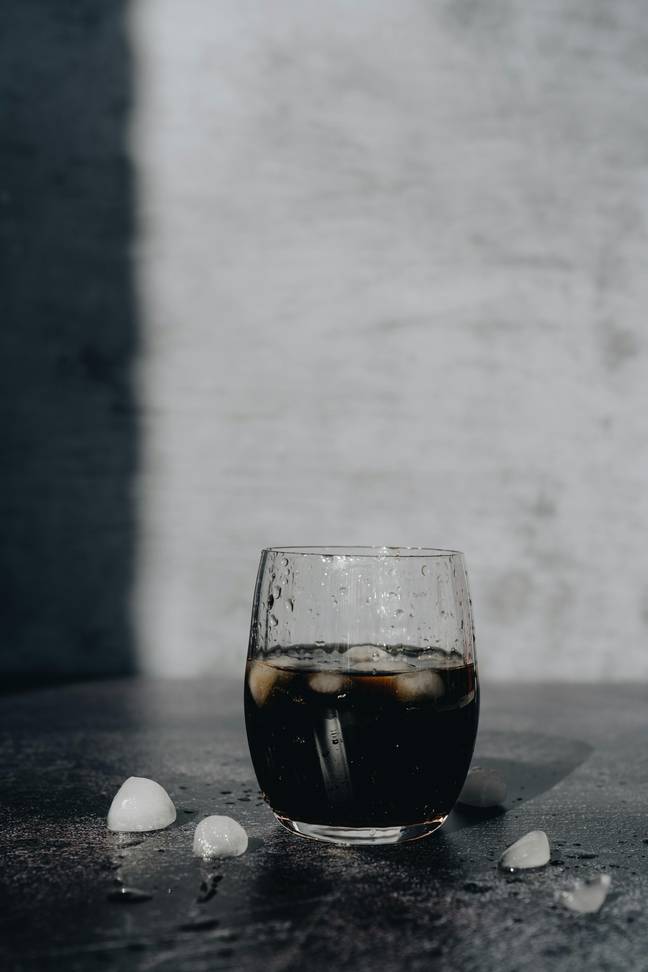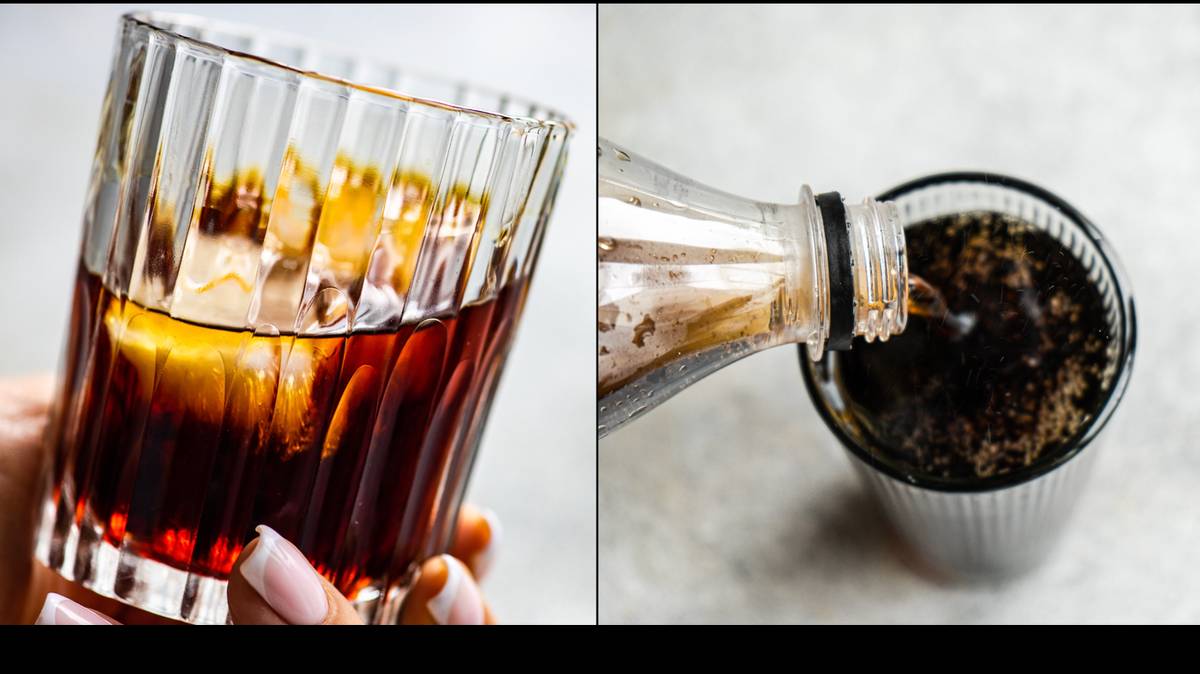Cola might be considered a pretty standard mixer for spirits such as vodka and rum, but it turns out it’s actually not a good idea to mix the two.
Most of us know that cola contains caffeine – in a standard 330ml can of cola, there’s around 34 milligrams of caffeine, while diet cola is slightly higher with around 46mg – this is less than the 63mg you’d usually find in a single shot of espresso. However, it’s important to point out that you’re more likely to knock back several vodka and Cokes in a single sitting than you are shots of espresso.
And for those who do like to mix their booze with caffeine, the Centers for Disease Control and Prevention in the US has a warning for you.
According to the CDC, ingesting caffeine with your alcohol can hide the effects of the booze, meaning you drink more – as they put it: “The caffeine can mask the depressant effects of alcohol, making drinkers feel more alert than they would otherwise. As a result, they may drink more alcohol and become more impaired than they realise, increasing the risk of alcohol-attributable harms.”
Not only that, but a 2007 study by The University of Manchester, Department of Postgraduate Medicine and Dentistry, found that the bubbles in your drink can make you absorb the alcohol faster.
The researchers compared the alcohol absorption time of neat vodka, vodka mixed with water and vodka mixed with sparkling water.

The study found that the booze mixed with either the still or sparkling water had a faster absorption rate for almost all of the participants – and that two thirds ‘absorbed the alcohol with the carbonated mixer at a faster rate’ than the still.
Alongside that, Princeton University warns that for some people the carbon dioxide in fizzy drinks – such as cola – increases the pressure in the stomach, forcing alcohol out through the lining of the stomach into the bloodstream.
So there you go – if you’re a vodka and cola drinker, now might be the time to give it a rethink.

Sarah Carter is a health and wellness expert residing in the UK. With a background in healthcare, she offers evidence-based advice on fitness, nutrition, and mental well-being, promoting healthier living for readers.








